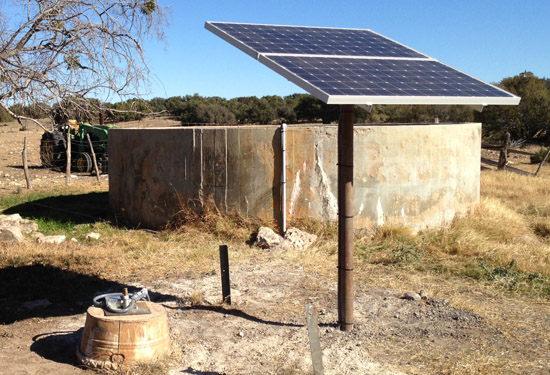Solar pumps are known for their reliability and low maintenance requirements. They have fewer moving parts compared to traditional diesel or electric pumps, which reduces the likelihood of breakdowns. With regular maintenance and proper care, a solar well pump can last for many years, providing consistent water access.
Water Conservation Solar pumps promote water conservation by making it easier to control and manage water resources. They can be equipped with sensors and automation systems to optimize water usage, reducing waste in agricultural and irrigation settings. This not only saves water but also improves crop yields and conserves valuable resources.
Reducing Reliance on Fossil Fuels In regions where diesel pumps are commonly used, the adoption of solar pumps can significantly reduce reliance on fossil fuels. This not only lowers greenhouse gas emissions but also cuts down on fuel costs. The transition to solar pumps aligns with global efforts to combat climate change and reduce our carbon footprint.
Government Incentives and Support Many governments worldwide are recognizing the benefits of solar pumps and are providing incentives, subsidies, and financial support to promote their adoption. These incentives make it more affordable for individuals and organizations to invest in solar pumping solutions, further boosting their popularity.
Conclusion Solar pumps are a testament to the incredible potential of renewable energy in transforming essential services. They offer a sustainable and cost-effective solution for water pumping, whether for agriculture, rural development, or disaster relief. As technology continues to advance and costs decrease, we can expect to see solar pumps play an even more significant role in water resource management and environmental conservation.


